Gene therapy and stem cells could treat Kidney Failure.
Category: biotech/medical – Page 2,658
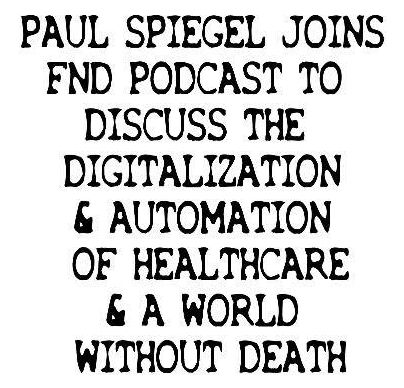

Kizoo Announces Support for N-LIfT Cancer Immunotherapy
Kizoo, part of the Forever Healthy Foundation, has announced today that it will be supporting biotech company LIfT Biosciences, a company that focuses on creating a new generation of cancer therapies that use our own immune systems.
Turning our immune system into a cancer-fighting machine
Led by CEO Alex Blyth, LIfT Biosciences is developing a new type of cancer immunotherapy approach that uses neutrophils, a type of immune cell, to seek and destroy all types of solid tumors.
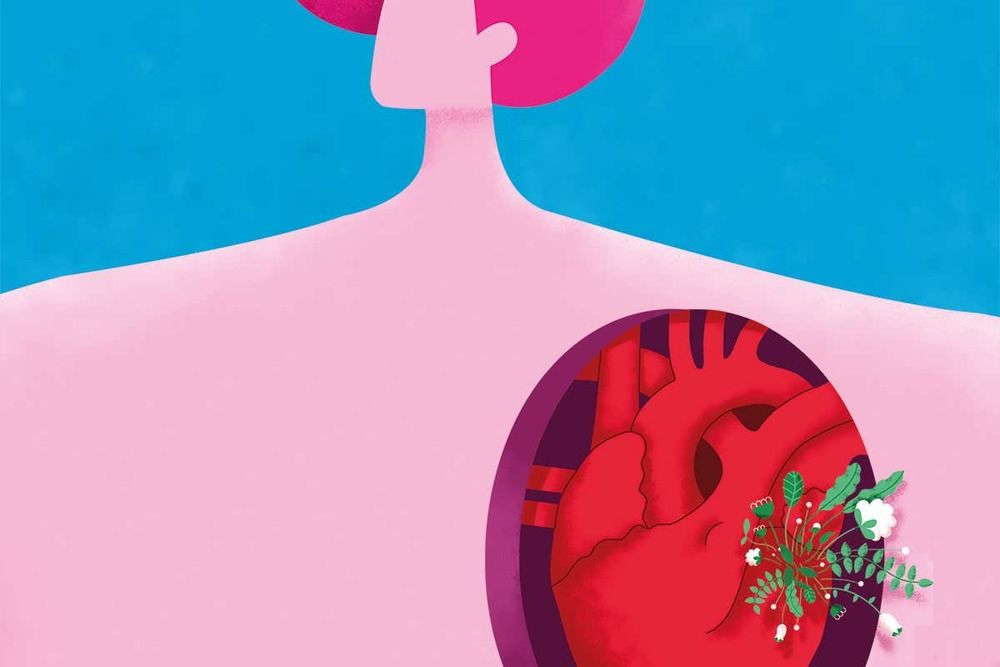
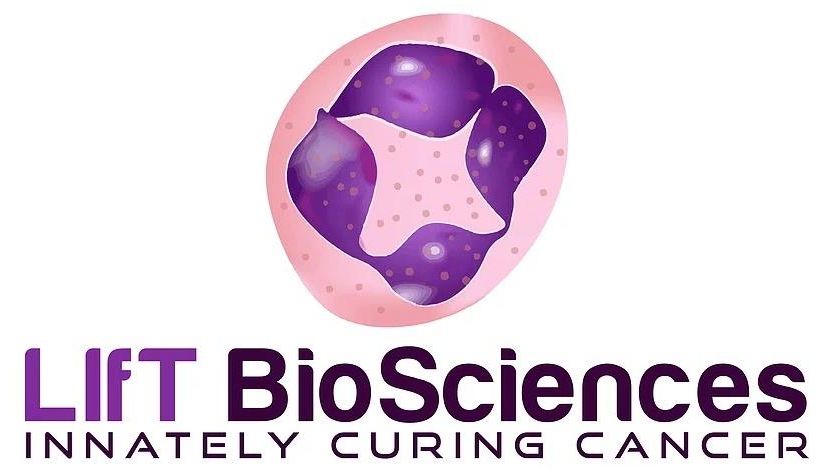
We are happy to announce our support for LIfT Biosciences. LIfT is developing the world’s first cell therapy to destroy all solid tumors, irrespective of strain or mutation. The team lead by Alex Blyth is achieving this by building the world’s 1st cell bank of innately cancer-killing neutrophils. Congrats! kizoo.com/en
We are happy to announce our support for LIfT Biosciences. LIfT is developing the world’s first cell therapy to destroy all solid tumors, irrespective of strain or mutation.
The team lead by Alex Blyth is achieving this by building the world’s 1st cell bank of innately cancer-killing neutrophils. Congrats!
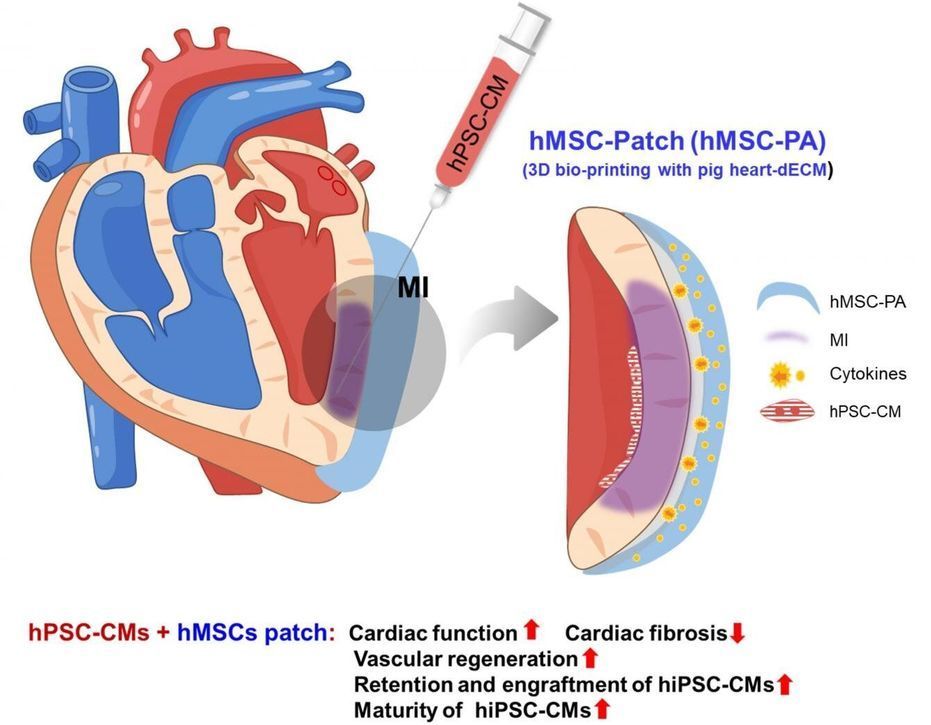
Novel dual stem cell therapy improving cardiac regeneration
As a medical emergency caused by severe cardiovascular diseases, myocardial infarction (MI) can inflict permanent and life-threatening damage to the heart. A joint research team comprising scientists from City University of Hong Kong (CityU) has recently developed a multipronged approach for concurrently rejuvenating both the muscle cells and vascular systems of the heart by utilizing two types of stem cells. The findings give hope to develop a new treatment for repairing MI heart, as an alternative to the existing complex and risky heart transplant for seriously-ill patients.
MI is a fatal disorder caused by a shortage of coronary blood supply to the myocardium. It leads to permanent loss of heart muscle cells (cardiomyocytes, CMs), and scar tissue formation, resulting in irreversible damage to cardiac function or even heart failure. With limited therapeutic options for severe MI and advanced heart failure, a heart transplant is the last resort. But it is very risky, costly and subject to limited suitable donors. Therefore, stem cell-based therapy has emerged as a promising therapeutic option.
Dr. Ban Kiwon, a stem cell biologist from Department of Biomedical Sciences at CityU, has been focusing on developing novel stem cell-based treatments for cardiac regeneration. “Heart is an organ composed of cardiac muscles and blood vessels, where vessels are essential to supply oxygen and energy to the muscles. Since both cardiac muscles and vasculatures would be severely damaged following MI, the therapeutic strategies should focus on comprehensive repair of both at the same time. But so far the strategies only focus on either one,” he explains.
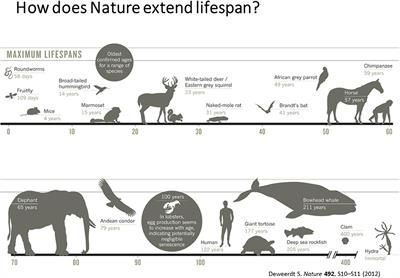
Artificial Intelligence Based Approaches to Identify Molecular Determinants of Exceptional Health and Life Span-An Interdisciplinary Workshop at the National Institute on Aging
Artificial intelligence (AI) has emerged as a powerful approach for integrated analysis of the rapidly growing volume of multi-omics data, including many research and clinical tasks such as prediction of disease risk and identification of potential therapeutic targets. However, the potential for AI to facilitate the identification of factors contributing to human exceptional health and life span and their translation into novel interventions for enhancing health and life span has not yet been realized. As researchers on aging acquire large scale data both in human cohorts and model organisms, emerging opportunities exist for the application of AI approaches to untangle the complex physiologic process(es) that modulate health and life span. It is expected that efficient and novel data mining tools that could unravel molecular mechanisms and causal pathways associated with exceptional health and life span could accelerate the discovery of novel therapeutics for healthy aging. Keeping this in mind, the National Institute on Aging (NIA) convened an interdisciplinary workshop titled “Contributions of Artificial Intelligence to Research on Determinants and Modulation of Health Span and Life Span” in August 2018. The workshop involved experts in the fields of aging, comparative biology, cardiology, cancer, and computational science/AI who brainstormed ideas on how AI can be leveraged for the analyses of large-scale data sets from human epidemiological studies and animal/model organisms to close the current knowledge gaps in processes that drive exceptional life and health span. This report summarizes the discussions and recommendations from the workshop on future application of AI approaches to advance our understanding of human health and life span.
Aging is often described as the outcome of interactions among genetic, environmental and lifestyle factors with wide variation in life and health span between and within species (Newman and Murabito, 2013; Partridge et al., 2018; Singh et al., 2019). Exceptional life and health span represents an extreme phenotype characterized by exceptional survival (well-beyond average life expectancy), delayed onset of age-related diseases (before 80 years of age) (Pignolo, 2019) and/or preservation of good health/function relative to their peers (Perls et al., 2000, 2002; Kaeberlein, 2018). The identification of SNP associations with exceptional life and health span is a starting point for identifying targets for interventions that could potentially promote healthy human aging.
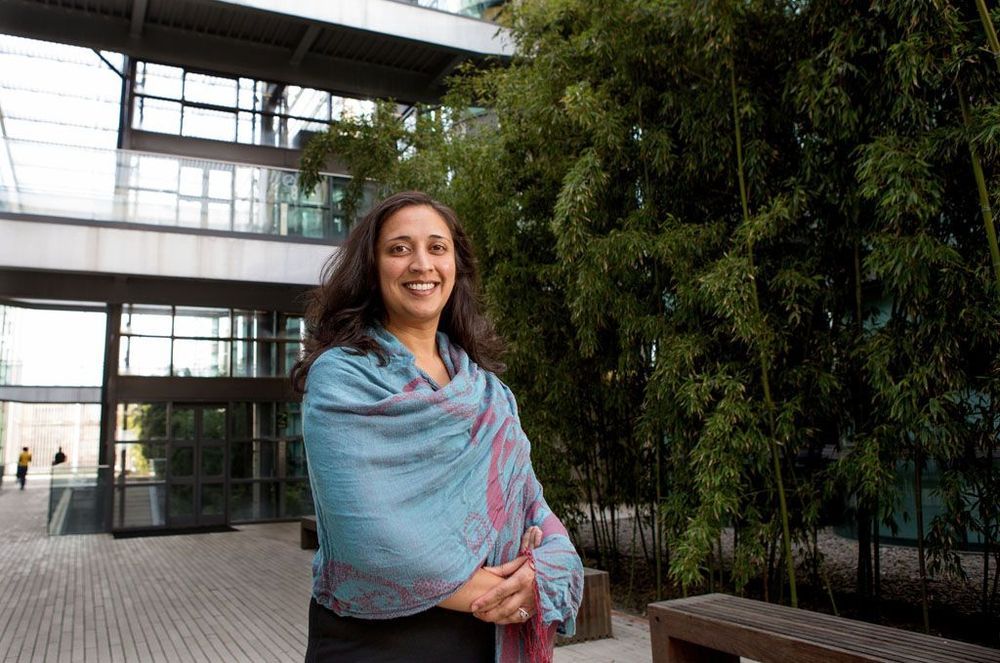
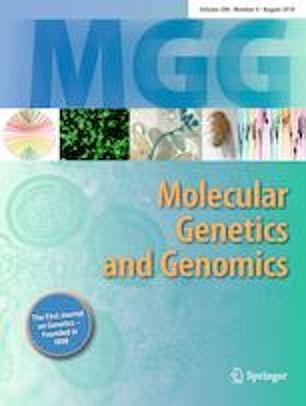
Bioinformatic prediction of critical genes and pathways involved in longevity in Drosophila melanogaster
The pursuit of longevity has been the goal of humanity since ancient times. Genetic alterations have been demonstrated to affect lifespan. As increasing numbers of pro-longevity genes and anti-longevity genes have been discovered in Drosophila, screening for functionally important genes among the large number of genes has become difficult. The aim of the present study was to explore critical genes and pathways affecting longevity in Drosophila melanogaster. In this study, 168 genes associated with longevity in D. melanogaster were collected from the Human Ageing Genomic Resources (HAGR) database. Network clustering analysis, network topological analysis, and pathway analysis were integrated to identify key genes and pathways. Quantitative real-time PCR (qRT-PCR) was applied to verify the expression of genes in representative pathways and of predicted genes derived from the gene–gene sub-network. Our results revealed that six key pathways might be associated with longevity, including the longevity-regulating pathway, the peroxisome pathway, the mTOR-signalling pathway, the FOXO-signalling pathway, the AGE-RAGE-signalling pathway in diabetic complications, and the TGF-beta-signalling pathway. Moreover, the results revealed that six key genes in representative pathways, including Cat, Ry, S6k, Sod, Tor, and Tsc1, and the predicted genes Jra, Kay, and Rheb exhibited significant expression changes in ageing D. melanogaster strain w1118 compared to young ones. Overall, our results revealed that six pathways and six key genes might play pivotal roles in regulating longevity, and three interacting genes might be implicated in longevity. The results will not only provide new insight into the mechanisms of longevity, but also provide novel ideas for network-based approaches for longevity-related research.
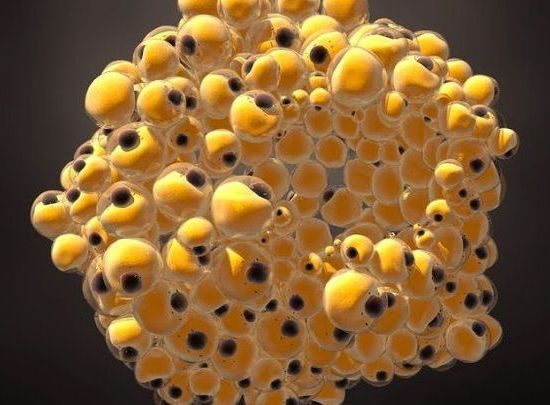
Scientists Successfully Turn Breast Cancer Cells Into Fat to Stop Them From Spreading
Researchers have been able to coax human breast cancer cells to turn into fat cells in a new proof-of-concept study in mice.
To achieve this feat, the team exploited a weird pathway that metastasising cancer cells have; their results are just a first step, but it’s a truly promising approach.
When you cut your finger, or when a foetus grows organs, the epithelium cells begin to look less like themselves, and more ‘fluid’ – changing into a type of stem cell called a mesenchyme and then reforming into whatever cells the body needs.